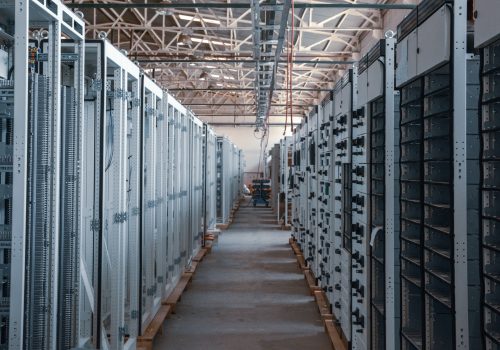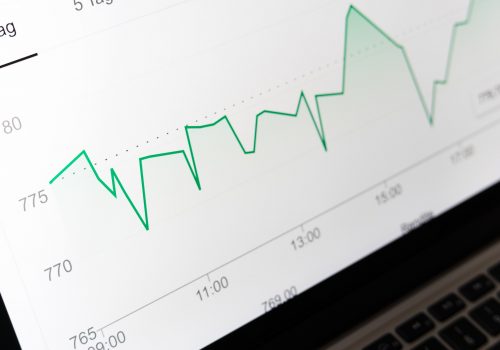About the GeoTech Center Data Program
The global Big Data market will hit $450 billion by 2026, yet the global data divide continues to widen, leaving developing economies and traditionally marginalized communities behind. Prioritizing equitable, open access to secure data is vital to bridging the global data gap and establishing a more effective, trust-centered economy.
In the modern digital world, the ability to analyze and apply data at the local and national levels is essential to a [country/demographic/culture/society]’s ability to succeed and thrive both economically and socially. Therefore, the debate surrounding data ownership, stewardship, and custodianship, especially regarding the design of multilateral policies on rights and retention, has substantial implications in public trust. A regulatory increase in open-source data transparency could augment global trust efforts and simultaneously expand entry points to developing economies.
Like with the evolution of most technology, data innovation highlights and heightens universal inequalities, specifically by widening the global data divide. According to the United Nations, over 3.7 billion people are living without internet access in 2021, a majority of whom reside in developing economies. The tethered ability for individuals and governments to obtain, analyze, apply, and protect data exacerbates the digital divide and prevents collective societal progress. Ensuring that underrepresented communities have full, uninhibited access to data collection, manipulation, and security practices is fundamental to establishing equitable data governance on a global scale.




















